
Presenting the new points of the draft Law on Press (amended), Mr. Nguyen Van Hieu, Deputy Director of the Press Department (Ministry of Culture, Sports and Tourism) said that, among the notable contents, the draft stipulates that content posted on the cyberspace channel established by the press agency must be posted and broadcast on the press channel, and can be posted after being posted on the cyberspace. This provision is to avoid the case where the press agency only posts content on the cyberspace. Because the content posted on the cyberspace is not stored stably, the infrastructure does not belong to the press agency, so if the unit managing the cyberspace platform changes the algorithm, the content will completely disappear.
Articles 30 and 31 of the draft Law on Press (amended) have a clause exempting press agencies from liability operating in cyberspace. If the content posted on the cyberspace platform changes without the cause coming from the press agency, the press agency is exempted from liability.

According to the draft Law, people working professionally in press agencies are reporters who are granted a Journalist Card and reporters who work in the press but have not been granted a Journalist Card. The draft also stipulates that press agencies only issue Letters of Introduction to those who are reporters of press agencies, not to collaborators. The form of Letter of Introduction will be issued uniformly by the Ministry of Culture, Sports and Tourism. The draft Law also stipulates that Press Cards will not be issued to people working professionally in scientific magazines.
Notably, contributing comments at the discussion, Deputy Director of the Department of Culture and Sports of Ho Chi Minh City Nguyen Ngoc Hoi informed that currently in Ho Chi Minh City there are 151 central press agencies with representative offices or independent reporters; 10 branches of pay TV units; 46 units of satellite TV broadcasting; 28 local press agencies.
Regarding scientific journals, Mr. Nguyen Ngoc Hoi said that the Editorial Board of scientific journals in the city has only 1 or 2 people and is mainly part-time, the articles are mainly by collaborators, there is no clear organizational structure, and the publications are irregular. Therefore, Mr. Nguyen Ngoc Hoi proposed to remove scientific journals from the scope of the Press Law.

Mr. Nguyen Ngoc Hoi also gave a thought-provoking statistic, that up to 90% of the complaints and denunciations in the press field are related to magazines, such as false information, harassment of businesses, and disruption of the operations of agencies and units in the city. Thereby, Mr. Nguyen Ngoc Hoi suggested that there should be clear regulations on the types of magazines as well as which professional associations are qualified to be the magazine's governing bodies, and tighten the criteria for establishing magazines...
Regarding the arrangement of press agencies, Mr. Nguyen Ngoc Hoi hopes that the Central Government as well as competent authorities will clearly define the model of press agencies in Ho Chi Minh City and Hanoi. The press activities of these two cities are very special, so there needs to be a special mechanism in the arrangement. Thereby, Mr. Nguyen Ngoc Hoi proposed to study the name "Main local multimedia press agency" or the model of the group and include it in the draft of the Press Law (amended) this time.
After the first streamlining step, Ho Chi Minh City has 16 press agencies left, each press agency has many publications, each publication has value not only in terms of information, but has also made a strong impression in the hearts of readers for many generations. With the new model, press agencies maintain their brand, legal entity and personnel.
Source: https://hanoimoi.vn/de-xuat-thanh-lap-co-quan-bao-chi-chu-luc-da-phuong-tien-dia-phuong-hoac-mo-hinh-to-hop-715769.html


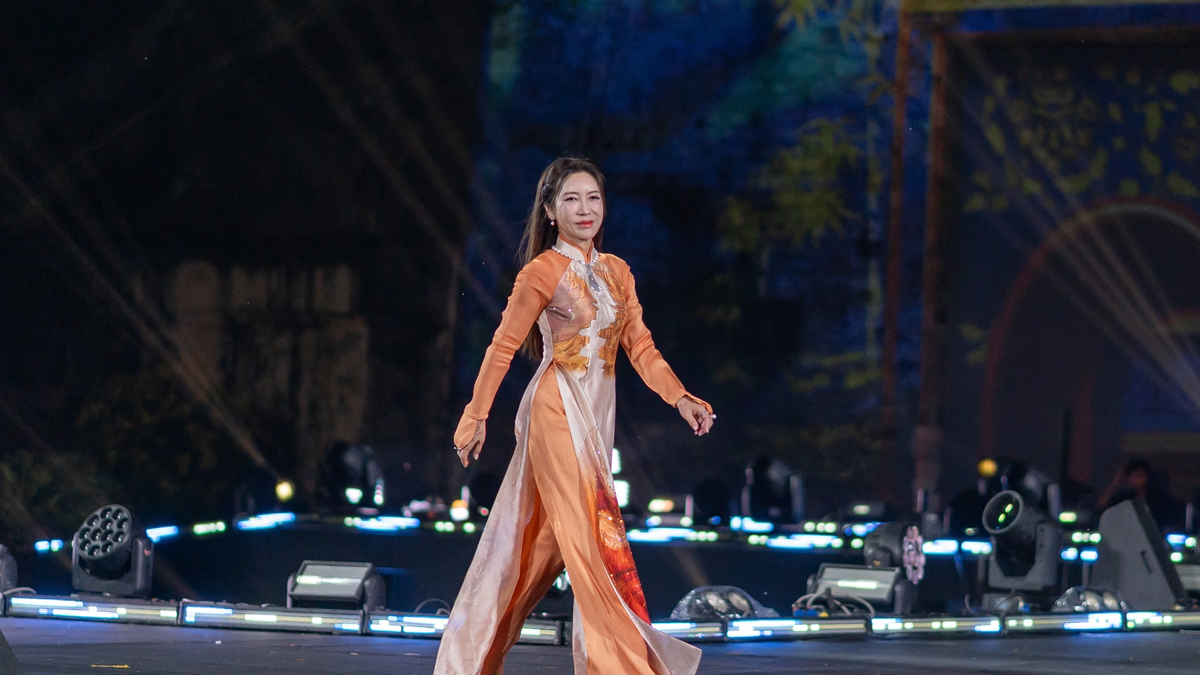

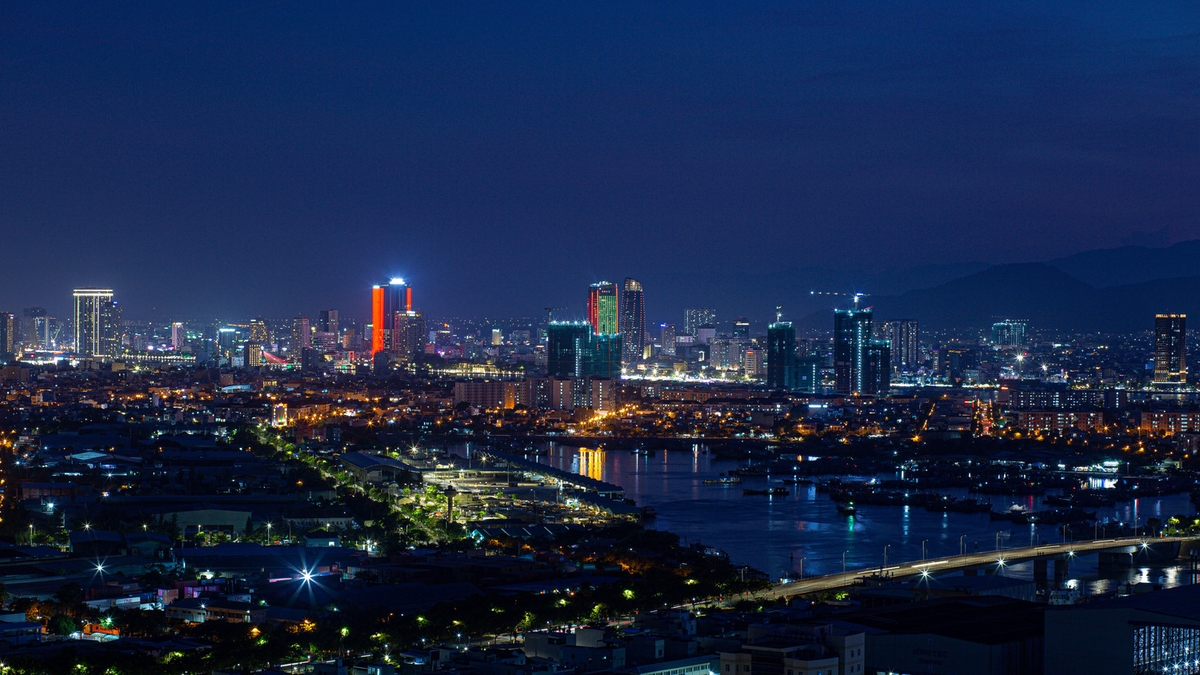

![[Photo] The 1st Government Party Congress held a preparatory session.](https://vphoto.vietnam.vn/thumb/1200x675/vietnam/resource/IMAGE/2025/10/12/1760257471531_dsc-4089-jpg.webp)
![[Photo] National Assembly Chairman Tran Thanh Man attends the 725th anniversary of the death of National Hero Tran Hung Dao](https://vphoto.vietnam.vn/thumb/1200x675/vietnam/resource/IMAGE/2025/10/12/1760285740475_ndo_br_bnd-8978-jpg.webp)


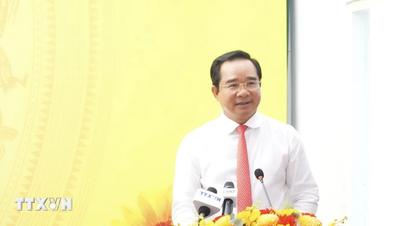

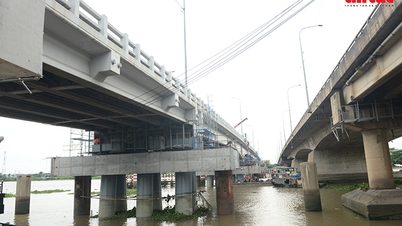

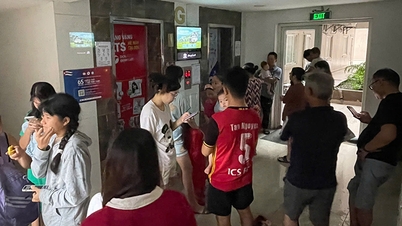
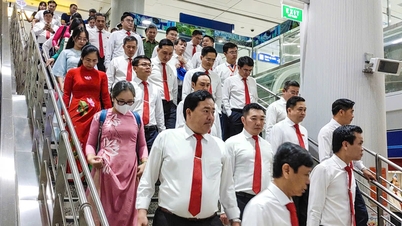
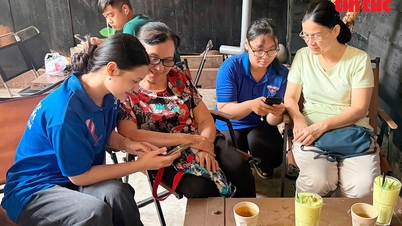
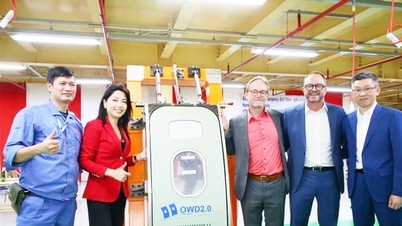
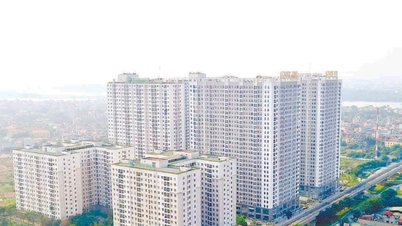



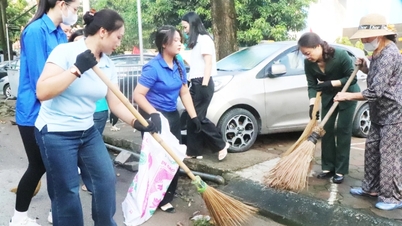

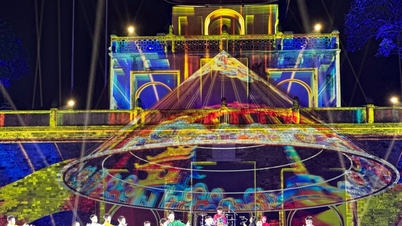





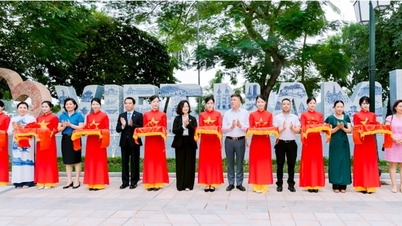
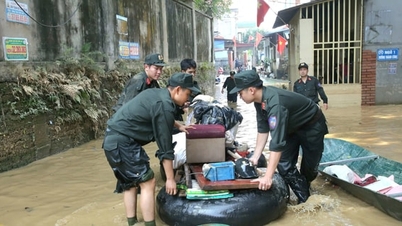
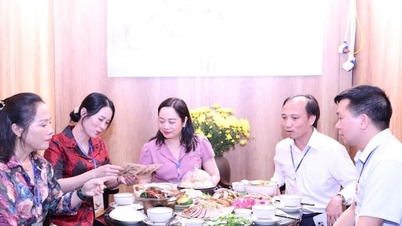
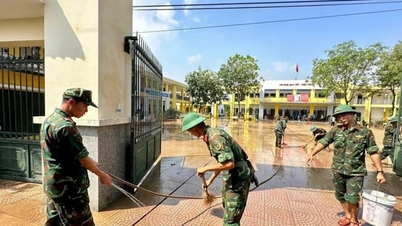
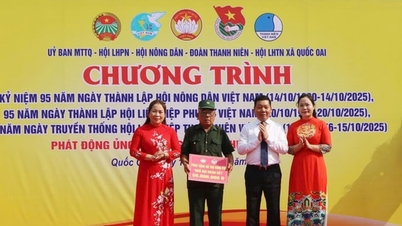
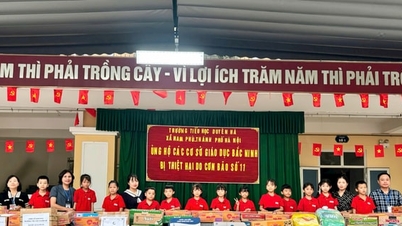


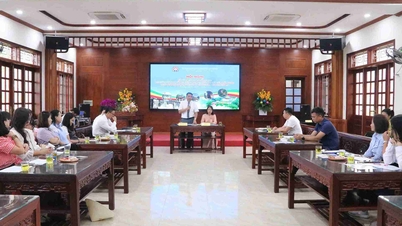


















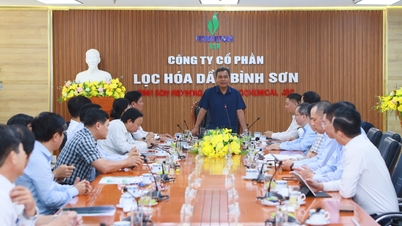














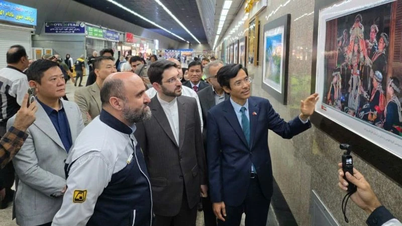
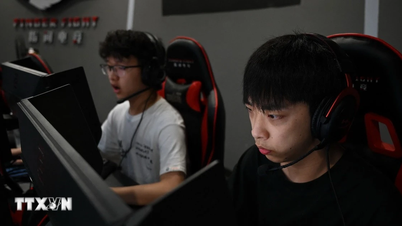
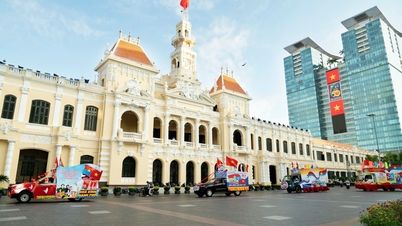
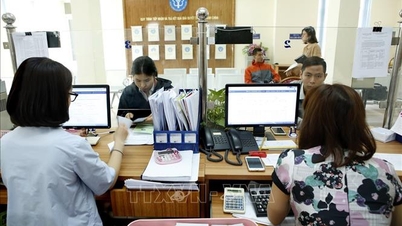
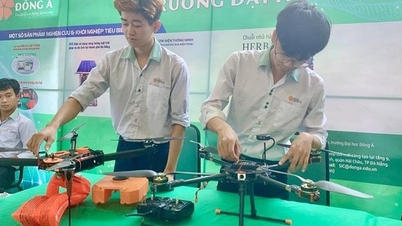

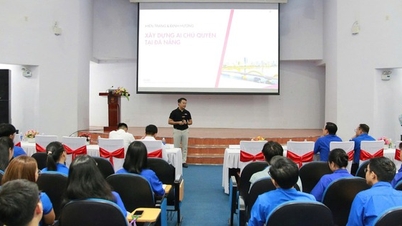
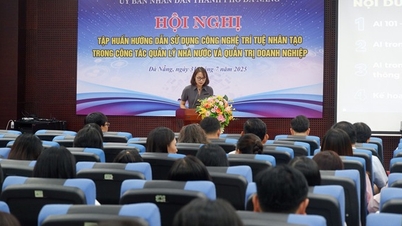
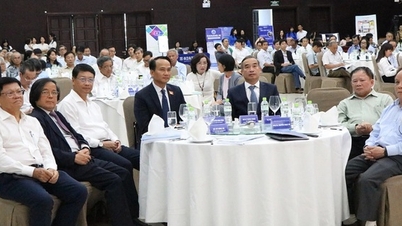
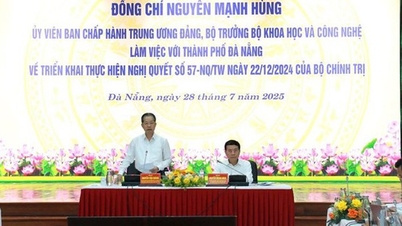
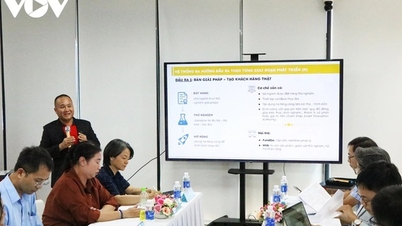
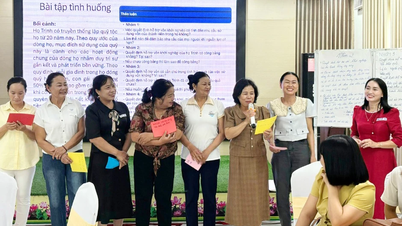


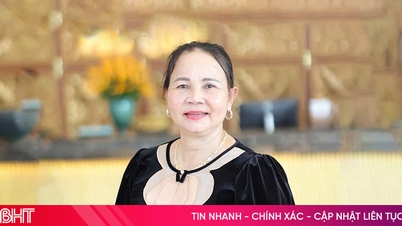


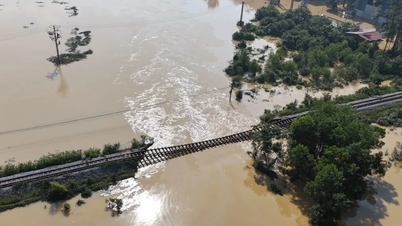

















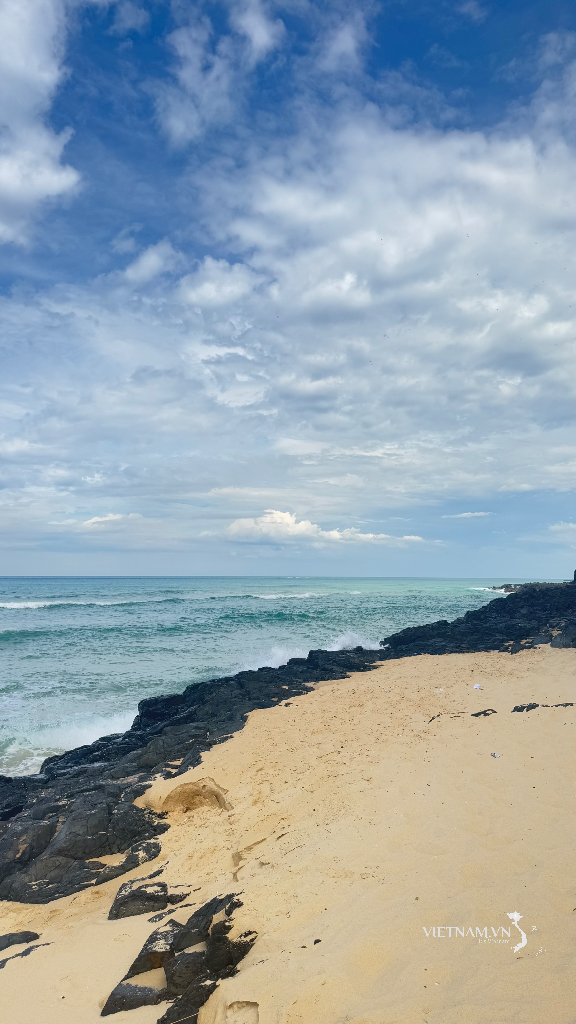

Comment (0)